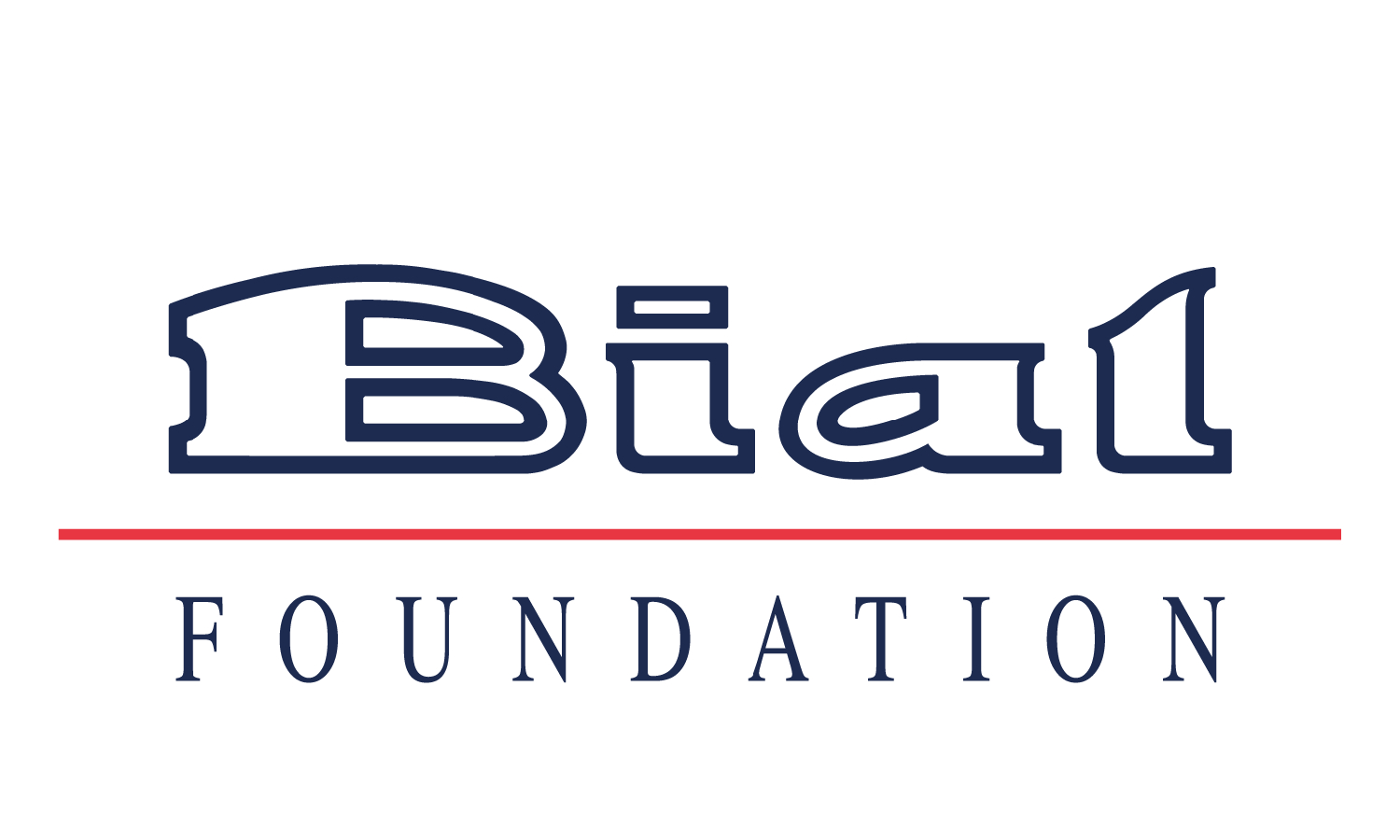The research team led by Mark Blagrove has published, in the scope of the research project 83/14 - Electrophysiological correlates of the incorporation of recent memory sources into REM and non-REM dreams and of levels of insight following REM and non-REM dream interpretation supported by the Bial Foundation, the paper Daydreams incorporate recent waking life concerns but do not show delayed (‘dream-lag’) incorporations in the journal Consciousness and Cognition.
This study investigates the time course of incorporation of waking life experiences into daydreams. Thirty-one participants kept a diary for 10 days, reporting major daily activities (MDAs), personally significant events (PSEs) and major concerns (MCs). They were then cued for daydream, Rapid Eye Movement (REM) and N2 dream reports in the sleep laboratory. There was a higher incorporation into daydreams of MCs from the previous two days (day-residue effect), but no day-residue effect for MDAs or PSEs, supporting a function for daydreams of processing current concerns. A day-residue effect for PSEs and the delayed incorporation of PSEs from 5 to 7 days before the dream (the dream-lag effect) have previously been found for REM dreams. Delayed incorporation was not found in this study for daydreams. Daydreams might thus differ in function from REM sleep dreams. However, the REM dream-lag effect was not replicated here, possibly due to design differences from previous studies.





































































